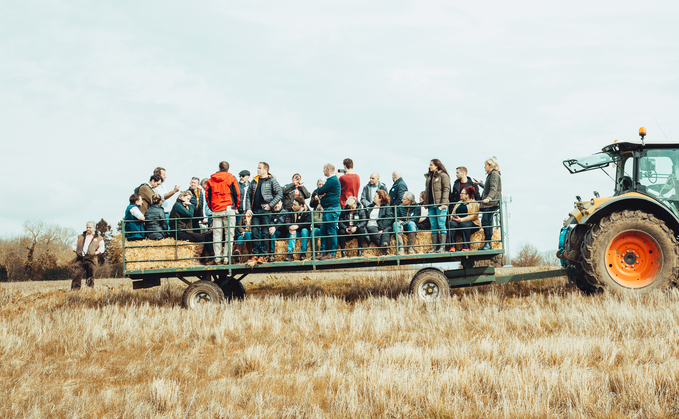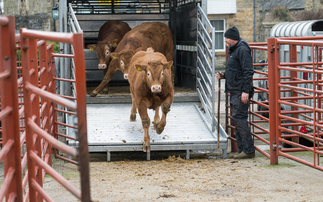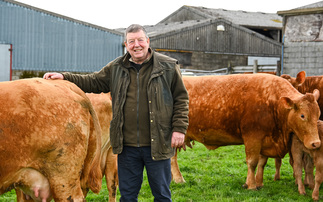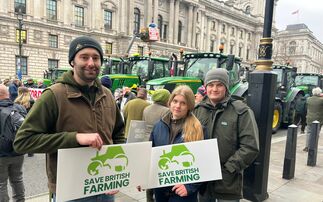
Love British Food brought NHS professionals and public sector figures together on-farm
Although the Love British Food campaign has been established since 2002, in recent years founder Alexia Robinson has been trying to secure more robust supply chains and get local British produce into more...








.png)







